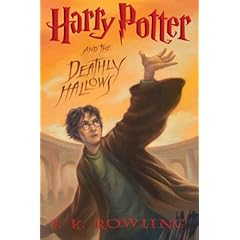 For those of you who are younger than I am, I write to let you know that at age 49 (in real time) AARP begins knocking softly on your door. Their offers are seductive; their services legion.
For those of you who are younger than I am, I write to let you know that at age 49 (in real time) AARP begins knocking softly on your door. Their offers are seductive; their services legion.Living as I do with someone who is already a card-carrying member, AARP The Magazine comes to our house. It is the magazine with the largest circulation in the world. The September/October issue had an article about what people over 50 believe about the afterlife.
Afterlife.
It’s a word I’ve read in all sorts of settings for years. The beliefs articulated in the article were as varied as there are people. The thing is, the word afterlife brought me to a full stop.
I don’t believe in an afterlife. (Keep reading!)
Don’t misunderstand me. What I mean is that there is life. Life. Period.
There’s no beforelife and there’s no afterlife—
there’s only and always life.
It just keeps going.
Much of the article was consumed with definitions and beliefs about Heaven and Hell, and who would and who would not be taking up residence in either place. The author made me laugh out loud when she quoted a copy editor she knew, who said, “Heaven gets a capital letter. Heaven is a place. Like Poughkeepsie.”
Like Poughkeepsie? Okay. But then I thought about it a little more. Yeah, like Poughkeepsie. Like Oshkosh. Like Manhattan, New York or Kansas. Like Chicago, Atlanta, Dallas, San Francisco. Like Tombstone, Arizona. Like Venice, Vienna, Moscow, Cairo, Johannesburg, Sydney, Bombay, Taipei. I could go on and on and on.
Heaven, capital H, is a place. It has an alternative spelling which is:
Here.
And the time Heaven occurs? In between that beforelife and afterlife.
Now.
Remember Belinda Carlisle? Oooh baby, do you know what that’s worth? Oooh, Heaven is a place on earth.
She goes on, They say in Heaven, Love comes first, We’ll make Heaven a place on earth.
If my own experience is any barometer, it’s my choices that make the quality of my life Heaven or Hell and the only time I can make a choice for love in my life is now.











